Our Team
Editors
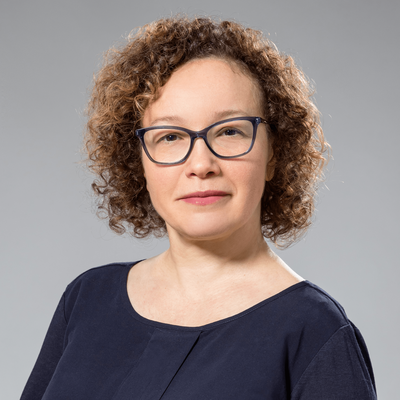
Prof. Agnieszka Stępińska
Adam Mickiewicz University, Poznań, Poland
Editor-in-Chief
Agnieszka Stępińska is a professor at the Faculty of Political Science and Journalism at the Adam Mickiewicz University in Poznań, Poland. Her main areas of research are political communication and journalism studies. She participated in several international research projects, including the THREATPIE: The Threats and Potentials of A Changing Political Information Environment (2020-2024) and the COST Actions. She is a member of the Executive Committee of the international project Journalistic Role Performance and a member of the Network of European Political Communication Scholars (NEPOCS). She is a member of the Polish Academy of Science (the Committee for Media and Communication Studies).
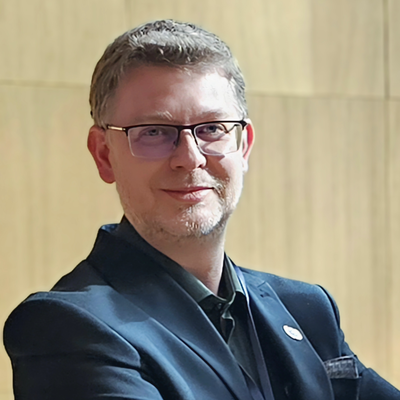
Dr. Bartłomiej Łódzki
University of Wrocław, Poland
Executive Editor
Bartłomiej Łódzki is an assistant professor at the Faculty of Social Communication and Media Studies at the University of Wrocław, Poland. He completed visiting scholar fellowships at George Washington University (Washington, USA), the University of Florida’s College of Journalism and Communications (USA), and the Technical University of Dresden (Germany). His main research areas are political and environmental communication, as well as new communication technologies. He was the head of the research team "Environmental Communication in the Time of Global Threats."
Editorial Team
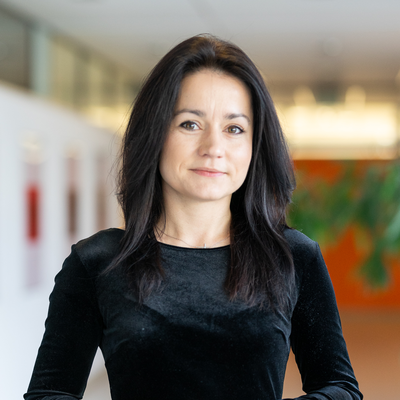
Dr. Kinga Adamczewska
Adam Mickiewicz University in Poznań, Poland
Paper Submissions, Editorial Communications (Quality, Network)
Kinga Adamczewska is an assistant professor at the Faculty of Political Science and Journalism at the Adam Mickiewicz University in Poznań, Poland. She has been involved in both Polish research projects funded by the National Science Centre and international projects, such as the Journalistic Role Performance project. Her main areas of research are political communication, social network analysis, and journalism studies.

Dr. Roksana Gloc
Jagiellonian University, Cracow, Poland
Special Issues, Editorial Communications (Quality, Network)
Roksana Gloc is an assistant professor at the Institute of Journalism, Media, and Social Communication at Jagiellonian University in Krakow, Poland. She is also the Vice Chair of the ECREA Central and East-European (CEE) Network. Her work focuses on media practices, civil dialogue, and innovative analytical tools in media studies, offering a new perspective on the intersection of technology, society, and communication.
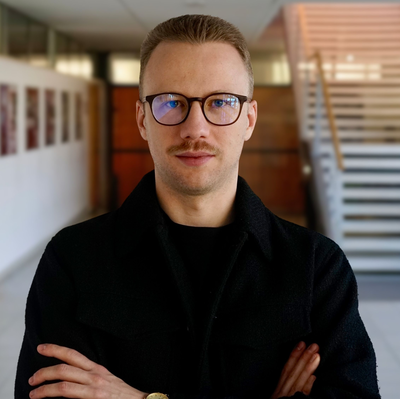
Dr. Denis Halagiera
Adam Mickiewicz University, Poznań, Poland
Digital Communication (Quality, Network)
Denis Halagiera, PhD., conducts research and teaches at the Faculty of Political Science and Journalism at Adam Mickiewicz University in Poznań, Poland. He has participated in several research projects, including THREATPIE: The Threats and Potentials of a Changing Political Information Environment and Journalistic Role Performance. His research interests include disinformation and journalism studies, particularly media systems and journalistic roles.
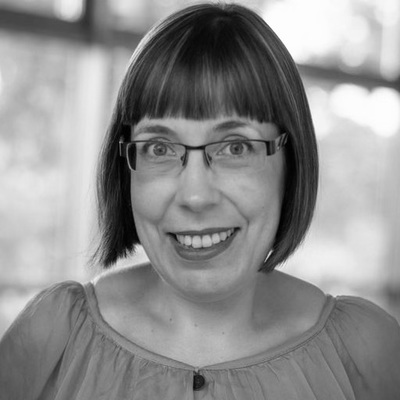
Prof. Agnieszka Węglińska
University of Wrocław, Poland
Book Reviews Submissions (Quality, Network)
Agnieszka Węglińska is a professor at the University of Wrocław, Poland. Her research concentrates on public service media, new media and the transformation of media systems in Europe. She has written and published on media policies and social issues affecting public service media. She is a member of the European Media Management Association and the Polish Communication Association.
Associate Editors 2025-2027
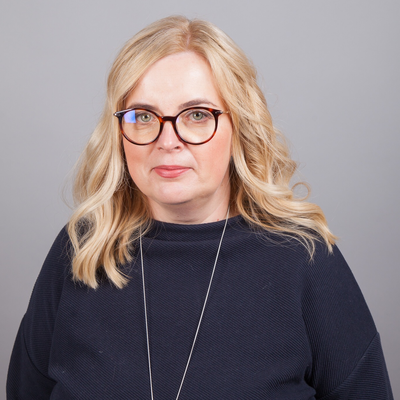
Delia Cristina Balaban is a communication science professor at the Department for Communication, Public Relations, and Advertising, Faculty for Political, Administrative, and Communication Sciences, within the Babes-Bolyai University, Cluj-Napoca, Romania. Her research focuses on political communication on social media and social media influencers.
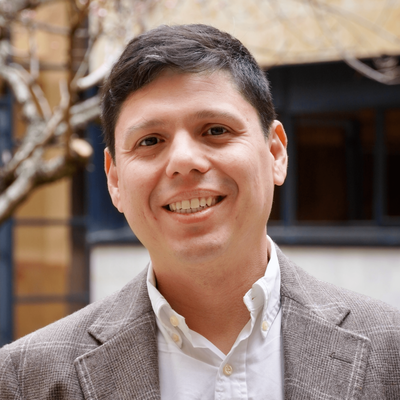
Carlos Edmundo Arcila Calderón is a full professor at the Department of Sociology and Communication of the University of Salamanca (Spain). His research interests are focused on hate speech, ICT adoption, media and social media analysis, computational methods and big data.
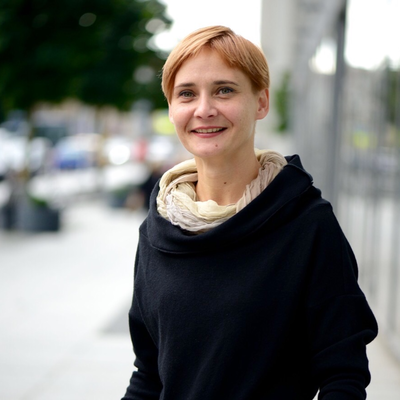
Renata Matkevičienė is a professor and the dean of the Faculty of Communication at Vilnius University. She is interested in corporate communication, social responsibility, political populist communication, trust, and societal and community resilience in business and political communication contexts.
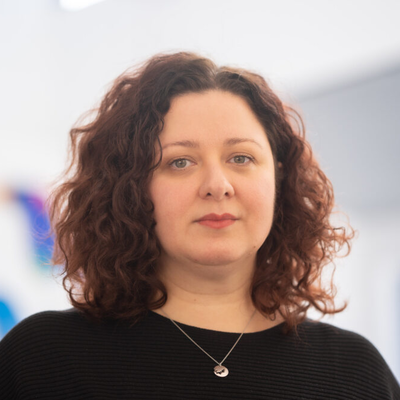
Cristina Monzer is a Postdoctoral Fellow in the Politics, Identity, and Communication Lab (PICL) at the Annenberg School for Communication, University of Pennsylvania. Her work examines how social media platforms amplify certain identities while marginalizing others in contemporary political debates.
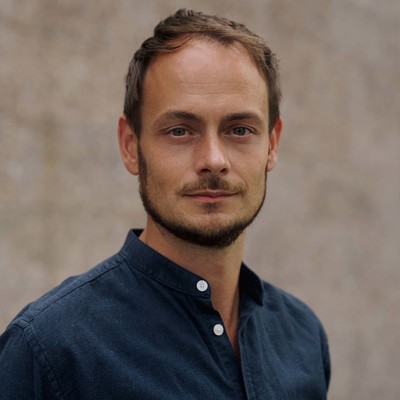
Jakob Ohme leads the "Digital News Dynamics" group at the Weizenbaum Institute, studying digital journalism's impact versus influencers and AI. His research focuses on news consumption, political engagement, and using digital trace data to advance political communication and journalism.
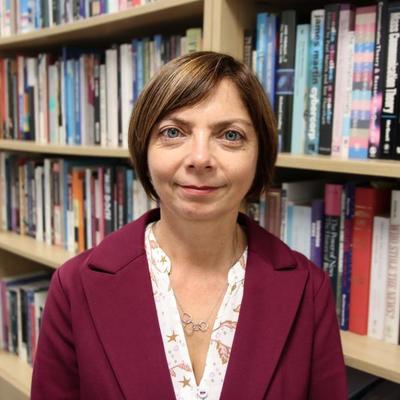
Lada Trifonova Price is a senior lecturer in the School of Information, Journalism and Communication, University of Sheffield, UK. Her current research focuses on challenges to media freedom and journalistic practice in Eastern and Southern European democracies as well as examining physical and psychological threats to the safety of journalists.
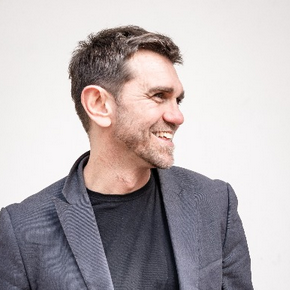
Sergio Splendore is an Associate Professor in the Department of Social and Political Sciences at the University of Milan, Italy. His research focuses on journalism studies, political communication, and the sociological implications of digital media.
Associate Editors 2023-2025
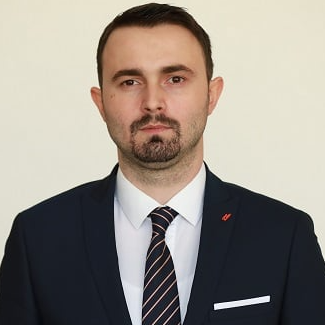
Dren Gërguri is a researcher and lecturer at the University of Prishtina, Kosovo. His academic work focuses on disinformation, journalism, social media, and political communication.
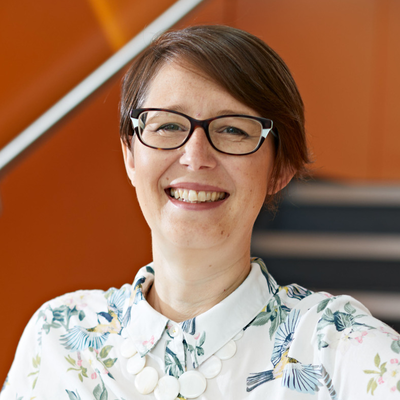
Catherine Johnson is a professor at the University of Leeds, United Kingdom. Her research areas are screen media industries and television studies, and she works closely with industry and policy stakeholders.
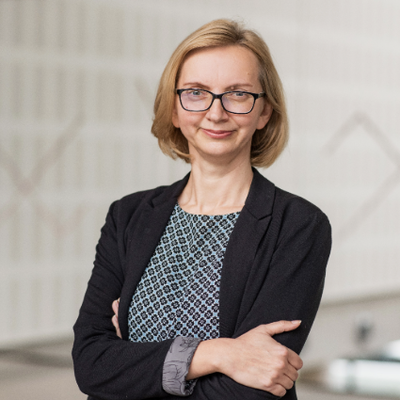
Kristina Juraitė is a professor at the Vytautas Magnus University, Lithuania. Her research interests include the digital public sphere, communication ethics, media and information literacy, cultural participation, and visual culture.
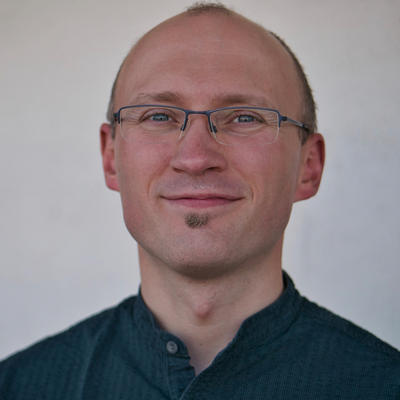
Marcus Kreutler is a researcher at the Erich Brost Institute for International Journalism at TU Dortmund University, Germany. His research interests include foreign coverage, international and transnational communication.
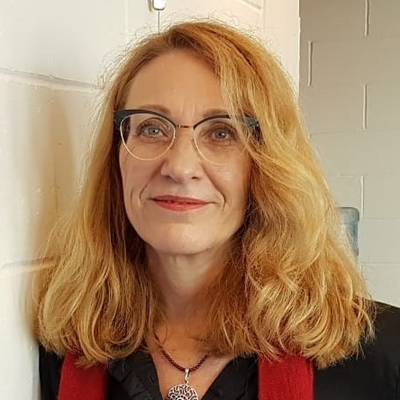
Päivi Maijanen-Kyläheiko is an associate professor at LUT University, Finland. Her research focuses on change management and organisational renewal of media organisations, media responsibilities and sustainable business models.
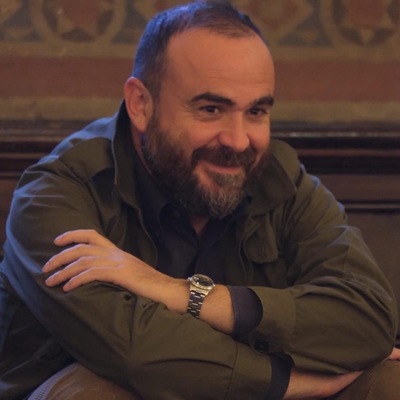
Marco Mazzoni is a full professor at the University of Perugia, Italy. His research interests are media policy, popularisation of politics, public relations, and journalism.
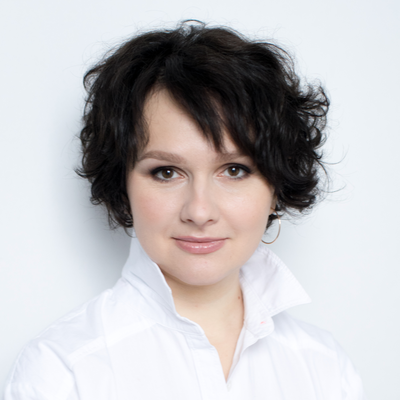
Dariya Orlova is a media researcher and senior lecturer at the National University of Kyiv-Mohyla Academy, Ukraine. Her research interests are media and journalism transformation in Ukraine, journalists’ professional identity, and current trends in media.
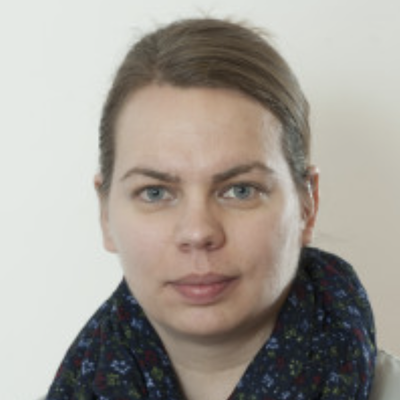
Gabriella Szabó is a senior research fellow at the Centre for Social Sciences in Budapest, Hungary. She researches media group divisions alongside constructions of inclusions and exclusions in digital political communications.
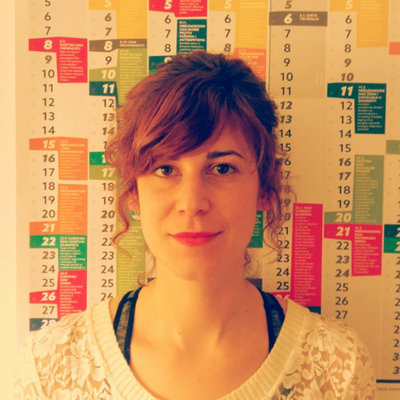
Dina Vozab is an assistant professor at the University of Zagreb, Croatia. Her research focuses on media and democracy, political communication, media systems, media in post-socialist Europe, and media audiences.
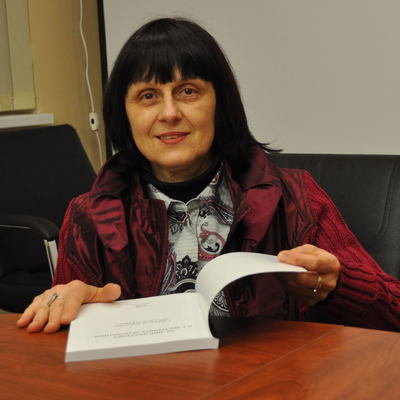
Bissera Zankova is the president of the Sofia-based "Media 21” Foundation, an independent researcher and consultant. Her interests are human rights, media regulation and policy, media governance and new media.
Associate Editors 2019-2022

Svetlana Bodrunova is a professor at the School of Journalism and Mass Communications, St. Petersburg State University, Russia. Her research interests are Russian and European journalism, media-political relations, social media and ethnicity in communications.
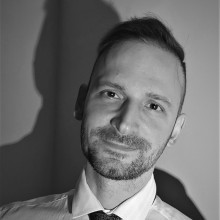
Márton Demeter is an associate professor at the National University of Public Service in Budapest, Hungary. Márton researches on global academic inequalities, transnational knowledge production and the uneven accumulation of global symbolic and academic capital.
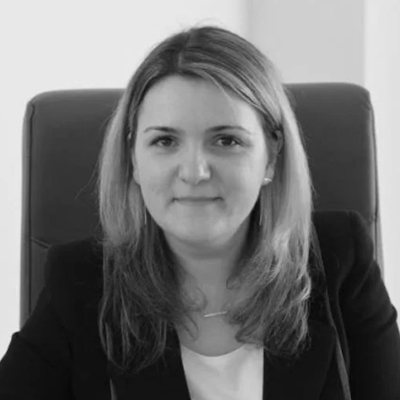
Nicoleta Corbu is a professor at the College of Communication and Public Relations, National University of Political Studies and Public Administration, Bucharest, Romania. She is interested in media effects, political communication and education policies.

Karen Donders is a professor at the Vrije Universiteit Brussel; she heads the Media & Society programme within the Center for Studies on Media Innovation and Technology (SMIT). Karen’s areas of interests are public service media, European media policy, platform policies and media economics.
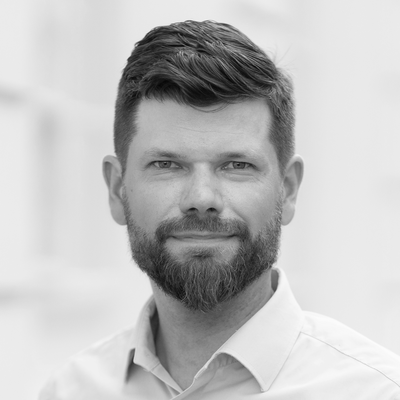
Tobias Eberwein is a professor at the Austrian Academy of Sciences / Alpen-Adria Universität Klagenfurt, Austria. Tobias researches and teaches on media ethics and media accountability, media structures and governance, media innovations and change, and comparative communications.
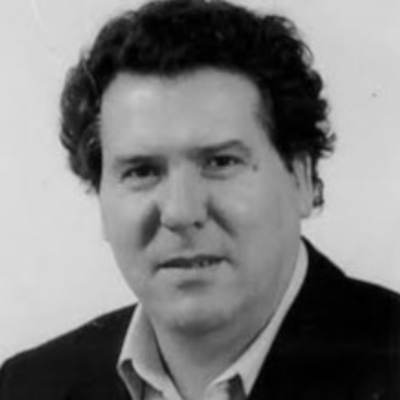
Paulo Faustino is a professor at the University of Porto, Portugal. His academic interests and research are focused on media and creative industries, media marketing, management, entrepreneurship, economics and public policies.
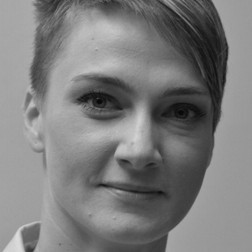
Aleksandra Krstić is an assistant professor at the Faculty of Political Science, University of Belgrade, Serbia. Her academic interest are media ethics, future of journalism, media democratization, visual representations and the visual metaphors.
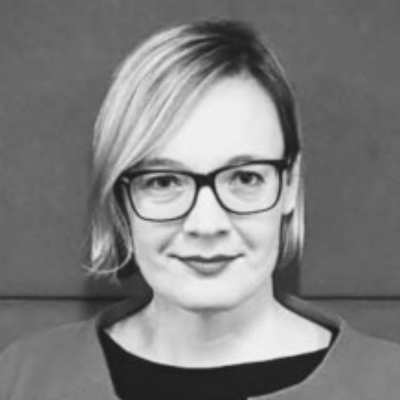
Ulrike Rohn is a professor at the Baltic, Film, Media, Arts and Communication School and the Centre of Excellence in Media Innovation and Digital Culture, Tallinn University, Estonia. Her work relates to media innovation, digital culture and audiovisual media policies.
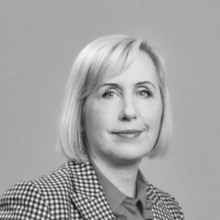
Anda Rožukalne is a professor at the Department of Communication, Journalism and Multimedia Studies, Rīga Stradiņš University, Latvia. Anda’s areas of expertise are media management, media ownership and journalism studies.
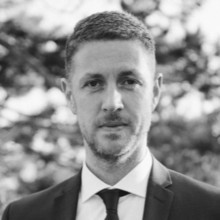
Martin Solík is a professor at the University of SS. Cyril and Methodius in Trnava, Slovakia. Martin’s academic work focus is on social recognition, media portrayals of marginalized social groups, and the influence of new communication technologies on human cognitive processes.
Scientific Network
CEJC Scientific Network is composed of researchers from 24 countries
- Janusz Adamowski, University of Warsaw, Poland
- Aukse Balčytiene, Vytautas Magnus University in Kaunas, Lithuania
- David Burns, Salisbury University, USA
- Maria José Canel, Complutense University in Madrid, Spain
- Jane Curry, Santa Clara University, USA
- Bogusława Dobek-Ostrowska, University of Wrocław, Poland
- Susanne Fengler, Erich Brost Institute for Journalism in Dortmund, Germany
- Ignacy S. Fiut, University of Science and Technology in Cracow, Poland
- Janina Fras, University of Wrocław, Poland
- Tomasz Goban-Klas, Jagiellonian University, Poland
- Peter Gross, University of Tennessee Knoxville, USA
- Daniel C. Hallin, University of California San Diego, USA
- Iwona Hofman, Maria Curie-Skłodowska University in Lublin, Poland
- Barbara Jacennik, University of Finance and Management in Warsaw, Poland
- Stanisław Jędrzejewski, Kozminski University in Warsaw, Poland
- Jan Jirak, Charles University in Prague, Czech Republic
- Matthias Karmasin, University of Klagenfurt, Austria
- Barbara Köpplová, Charles University in Prague, Czech Republic
- Tadeusz Kowalski, University of Warsaw, Poland
- Epp Lauk, Vytautas Magnus University in Kaunas, Lithuania
- Małgorzata Lisowska-Magdziarz, Jagiellonian University, Poland
- Anker Brink Lund, Copenhagen Business School, Denmark
- Philippe J. Maarek, Université Paris Est UPEC, France
- Paolo Mancini, University of Perugia, Italy
- Irmina Matonyte, European Humanities University in Vilnius, Lithuania
- Gianpietro Mazzoleni, University of Milan, Italy
- Norbert Merkovity, University of Szeged, Hungary
- Bożena Mierzejewska, Fordham University, USA
- Graham Murdock, Loughborough University, United Kingdom
- Lars Nord, Mid Sweden University, Sweden
- Gunnar Nygren, Sodertorn University, Sweden
- Beata Ociepka, University of Wrocław, Poland
- Jerzy Olędzki, University of Warsaw, Poland
- Svetlana Pasti, University of Tampere, Finland
- Wanda Patrzałek, University of Wrocław, Poland
- Yoram Peri, University of Maryland, College Park, USA
- Zrinjka Perusko, University of Zagreb, Croatia
- Barbara Pfetsch, Free University of Berlin, Germany
- Dorota Piontek, Adam Mickiewicz University in Poznań, Poland
- Mario Plenković, University of Zagreb, Croatia
- Katarzyna Pokorna-Ignatowicz, Andrzej Frycz Modrzewski Cracow University College, Poland
- Miroljub Radojković, University of Belgrade, Serbia
- Lilia Raycheva, Sofia University St. Kliment Okhridski, Bulgaria
- Andrey Rikhter, Central European University, Budapest, Hungary
- Raquel Rodriguez, University of Rey Juan Carlos in Madrid, Spain
- Stephan Russ-Mohl, Universita della Svizzera italiana, Switzerland
- Teresa Sasińska-Klas, Jagiellonian University, Poland
- Andrej Školkay, School of Communication and Media in Bratislava, Slovakia
- Wojciech Skrzydlewski, University of Lower Silesia in Wrocław, Poland
- Gerald Sussman, Portland State University, USA
- Ilija Tomanić Trivundža, University of Ljubljana, Slovenia
- Natalia Vasilendiuc, University of Bucharest, Romania
- Jaromir Volek, Masaryk University in Brno, Czech Republic
- Katrin Voltmer, University of Leeds, United Kingdom
- Claes H. de Vreese, Amsterdam School of Communication Research ASCoR, University of Amsterdam, The Netherlands
- Wayne Wanta, Missouri University, USA
- Dominic Wring, Loughborough University, United Kingdom
- Rocio Zamora, University of Murcia, Spain
































